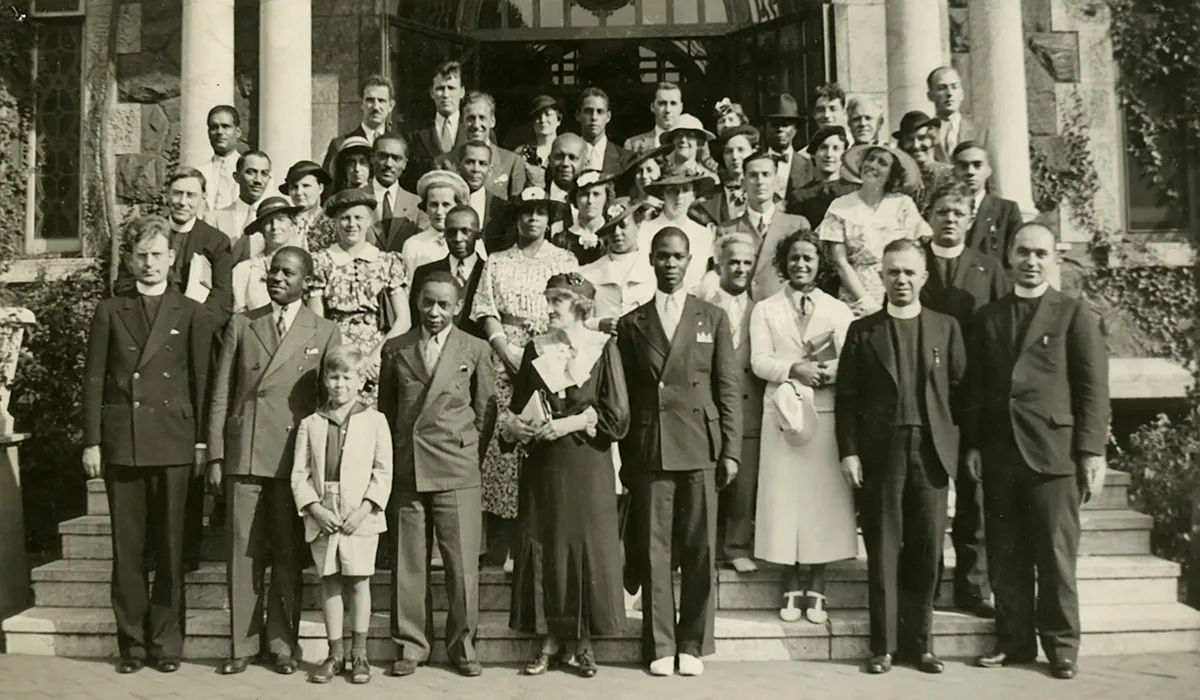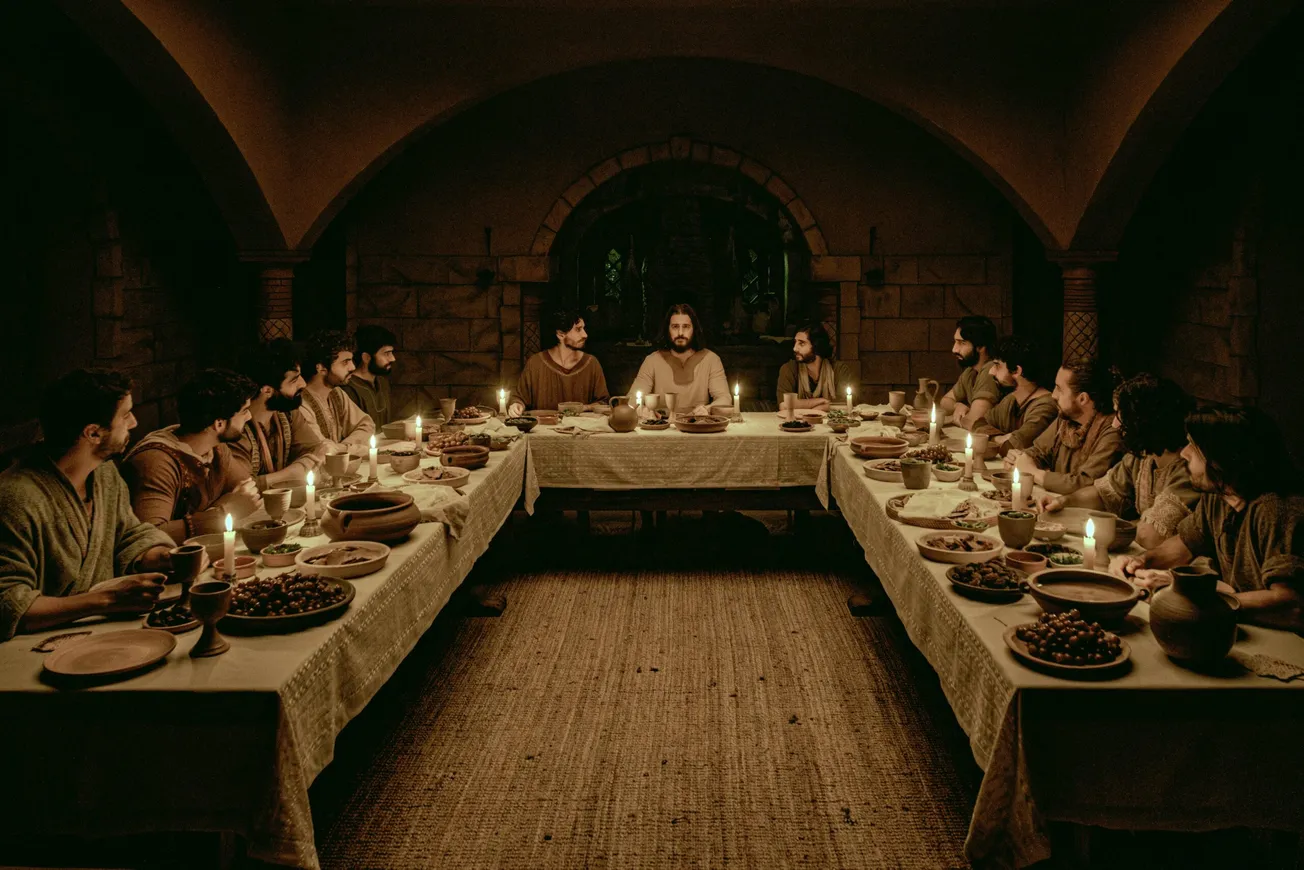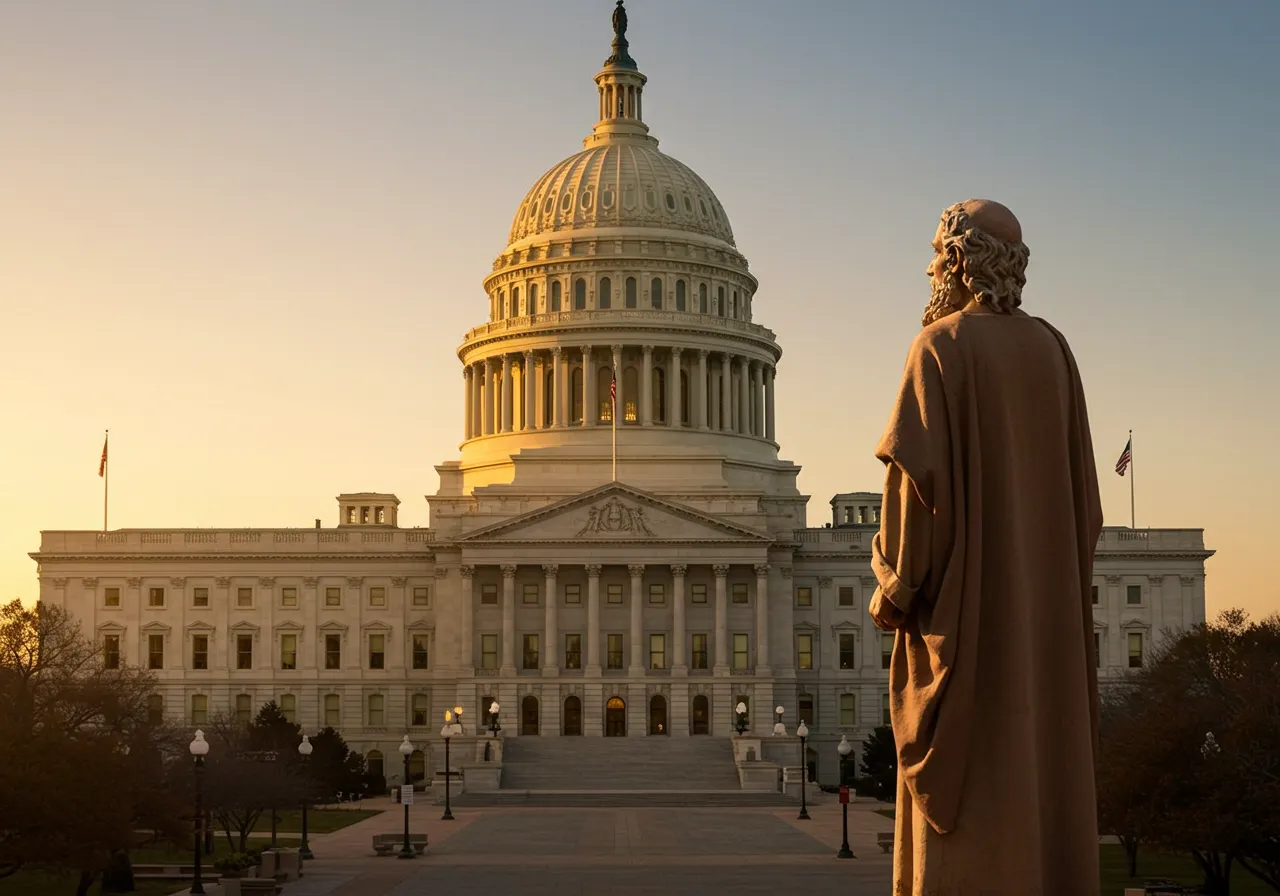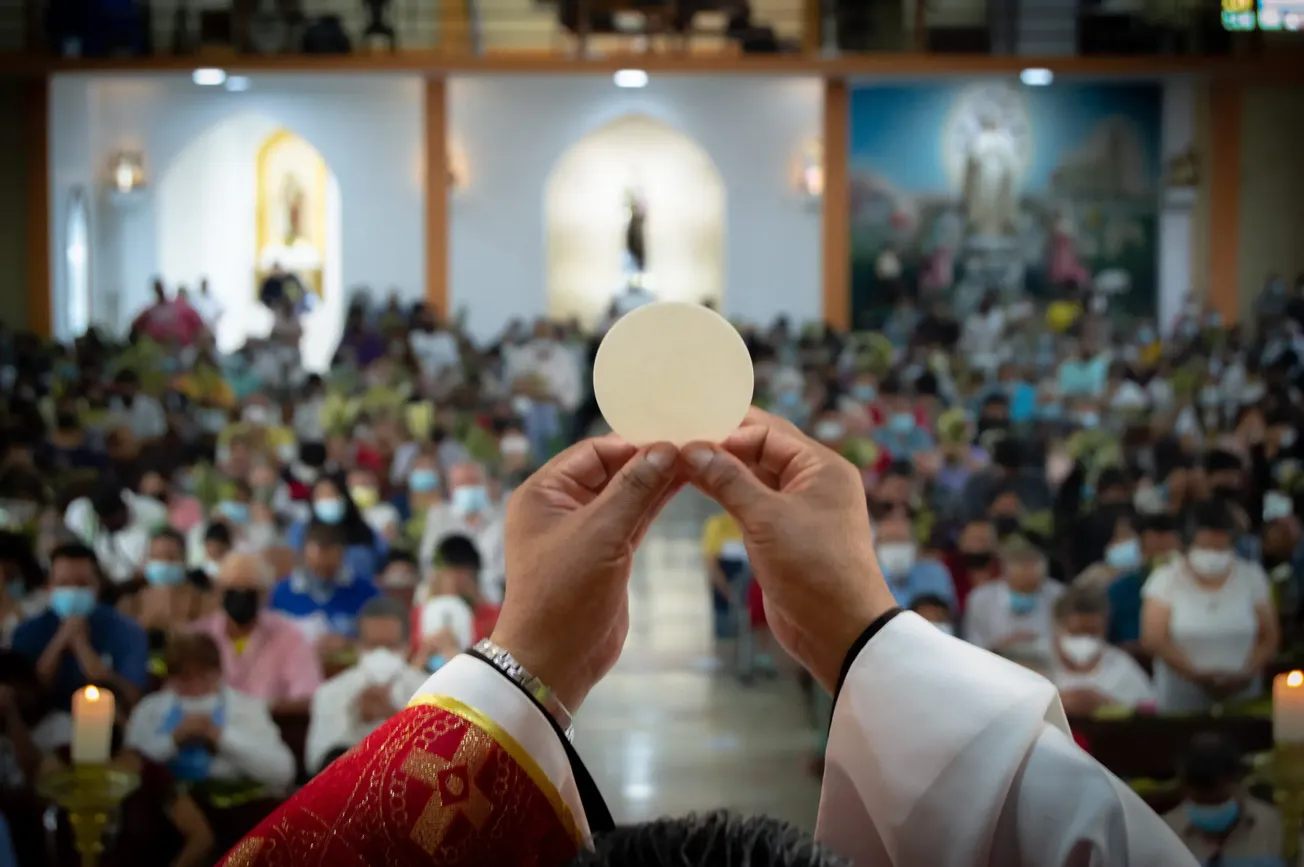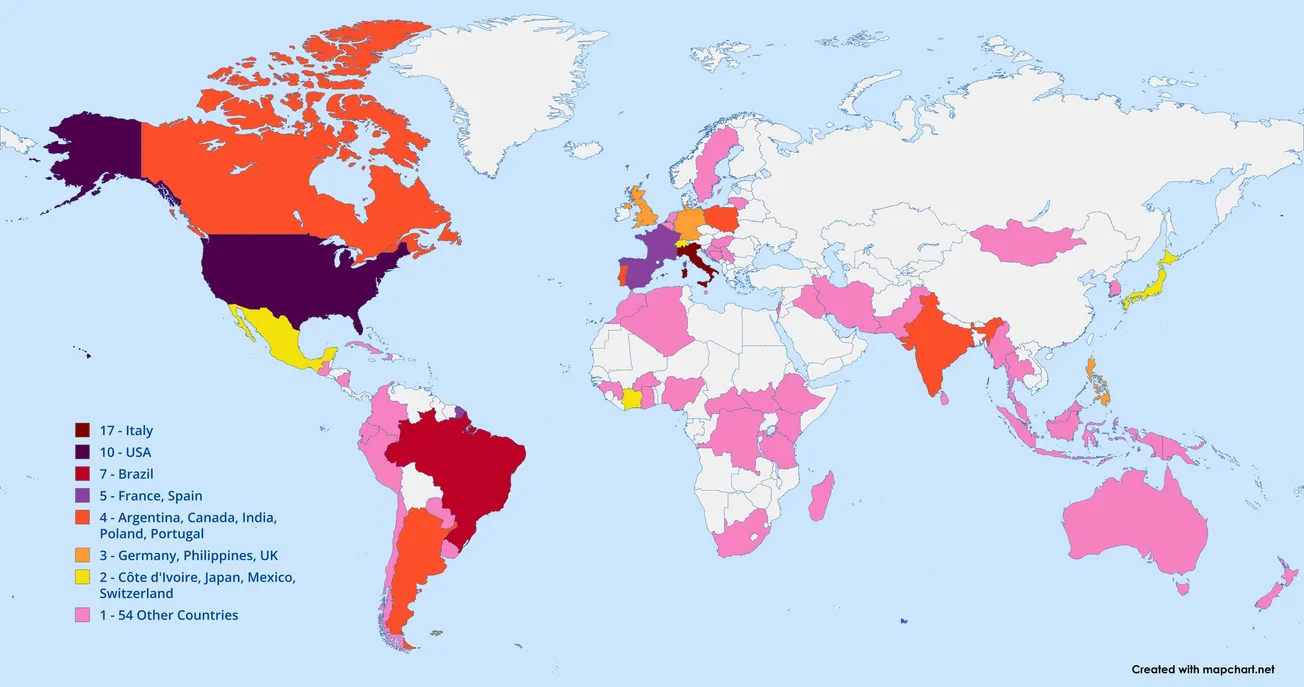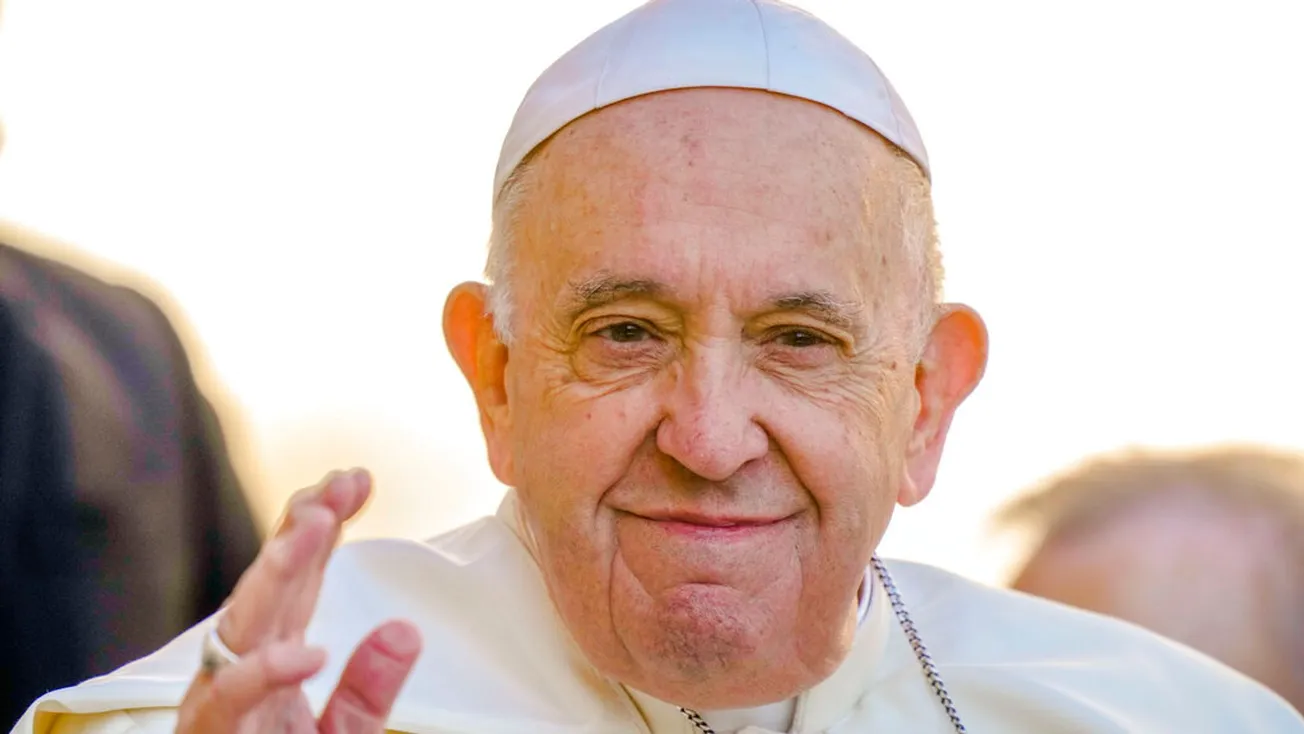The street lights are on! I am on fire after three days of witness at the 2023 National Black Catholic Congress, held last month in my own Archdiocese of Washington. This writing is my way of keeping the kerosene lamp lit, spreading the light, and remembering to handle the light of witness with care because the kerosene lamp and the Molotov cocktail have the exact same ingredients.
We, as Church, have on occasion made the Molotov cocktail, which is why the agenda for the National Black Catholic Congress has not changed since the turn of the 20th century, when Daniel Rudd and Dr. Thomas Wyatt Turner made the Word become flesh with and through Black Catholics, who used their spiritual gifts to build the kingdom—not just in Black neighborhoods, but in every neighborhood in the nation.
Spreading the light of Christ is the mission and vision of the Church. We, as Church, cannot leave this to academic, intellectual theologians; people in the pews must profess (and sometimes convert) bishops, priests, deacons, sisters, brothers, and intellectual lay theologians with Howard Thurman’s “religion of Jesus.” In “Jesus and the Disinherited,” Thurman refers to us as “disinherited” and extends Jesus’ invitation to us:
“Love your enemy. Take the initiative in seeking ways by which you can experience a common sharing of mutual worth and value. It may be hazardous, but you must do it.”
That means loving bishops and other misguided Christians who say Black Lives Matter is a pseudo-religion. BLM is a campaign to halt the premature death of black people, especially young men and boys. There are some other heretical messages we are called to dispel, and we know those messages.
Spreading the light of Christ is the mission, and I want to make it simple for my generation so that we can experience a common sharing even with those in apparent opposition. Spreading the light is very simple. We simply need to live the message of our childhood. The message is this: the street lights are on.
This is Black preaching. In the words of the Redemptorist priest Fr Maurice Nutt, it is “included in the language, is a way to view the world—a belief system.” Our belief system. If you ask someone of my generation what they did when the street lights came on, no one would respond, “Let’s get the bishops to say something,” or “Let’s take a survey of the parish, the youth, and the seniors,” or “We can’t talk to the young folk because they won’t listen to us.” (After all, they imitate our behavior towards them.)
People knew. You were already supposed to be home when the street lights came on, so you stepped lively on your way home. When Aunt Susie, who was your momma’s friend, peered at you from the porch, her glance was a reminder to you to put more pep in your step, in order to avoid the laying on of hands when you got home for not living in accord with neighborhood values.
The first part of “What We Have Seen and Heard,” the Black Catholic bishops’ pastoral letter in 1984, is similar to the message conveyed in this piece. What does that mean?
“Those of us who have grown up in the Faith owe this faith to the Black men and women who have gone before us strong in the Faith and steadfast in their personal conviction.”
I got the meaning when my oldest brother, Robert, told me about his decision to walk into the doors of St. Paul’s Academy in the fall of 1948, after the Josephite pastors at Our Lady of Perpetual Help and St Cyprian in D.C. preached that we were going to teach White folk how to love by integrating their schools. Afraid that he could not perform like the rich White folk in Northwest and that they would attack him because he was colored, he had his street-lights moment, which comprised two choices: 1.) Go to school and face the fear, or 2.) go home and tell our mother, “I did not go into school because of fear” and experience the laying on of hands before being sent back to school after hearing, “What did I teach you?”
This is what my brother Robert told his 12 younger siblings; it was also the message delivered to three generations after Robert.
The Black bishops wrote in 1984 that “each one of us is called to a special task. The Holy Spirit now calls us to do the work of evangelization. As he did for Peter, the Lord Jesus prayed for us that our faith might not fail.” They spoke of their call, which was reinforced in their formation for ordination after the Word became flesh at the dining room table and the walks in the neighborhood. Even so, the call is not given strictly to the ordained; it is imparted to the faithful by all of the baptized and those to whom we witness. This is our faith. This is our Church, “seeking ways by which you can experience a common sharing of mutual worth and value. It may be hazardous, but you must do it.”
Many people gave their lives as witnesses to the faith. None of us today are looking to die, but are we not dead already if we know better and choose not to do better? “I know you know better because I know your people,” some might say. My generation knows this, and those in the next generation are aware because they remember what we did in crucible moments. The street lights are on in this crucible moment. It is not just a moment for the Black church in the neighborhood. If we do not witness to and share the nourishment from the Eucharistic banquet at kitchen and dining room tables in our neighborhood, the entire Church suffers. We know what to do, so let’s put a pep in our step. The ancestors taught us better; it’s our time to do better. What should we do? Pick up where the prophet left off:
“Write down the vision; make it plain upon tablets, so that the one who reads it may run. For the vision is a witness for the appointed time, a testimony to the end; it will not disappoint. If it delays, wait for it, it will surely come, it will not be late.”
(Habakkuk 2:2-3)
Jesus engaged people on the margins to make the “religion of Jesus” mainstream. Jesus’ mother was the perfect disciple, and she got the Word when she was a teen. When the Samaritan woman shared what she had seen and heard in her conversation with Jesus, thousands came to practice the “religion of Jesus” in response to her witness. Ordinary men and women, the disciples gathered in a room where the doors were locked due to fear, came out witnessing once they got the Word.
As Habakkuk prophesied, “Make it plain upon tablets, so that the one who reads it may run.” Here are three things to remember while fulfilling that vision:
- Age does not guarantee spiritual maturity. Listen to young people; act on their witness!
- Women fed men in the upper room. Seek food and spiritual nourishment from them!
- Nothing happened until the disciples left the upper room. Get out into the street!
The street lights are on! We know where we are supposed to be and what we should do.
Deacon Timothy E. Tilghman is a permanent deacon of the Archdiocese of Washington, currently assigned to St Teresa of Avila Catholic Church. He has two master's degrees, one in public policy and the other in theology. He is the author of “Going to the Well to Build Community: A Pastor’s Guide to Evangelization.”




